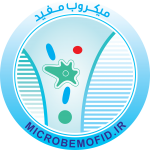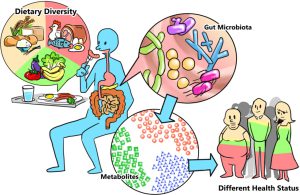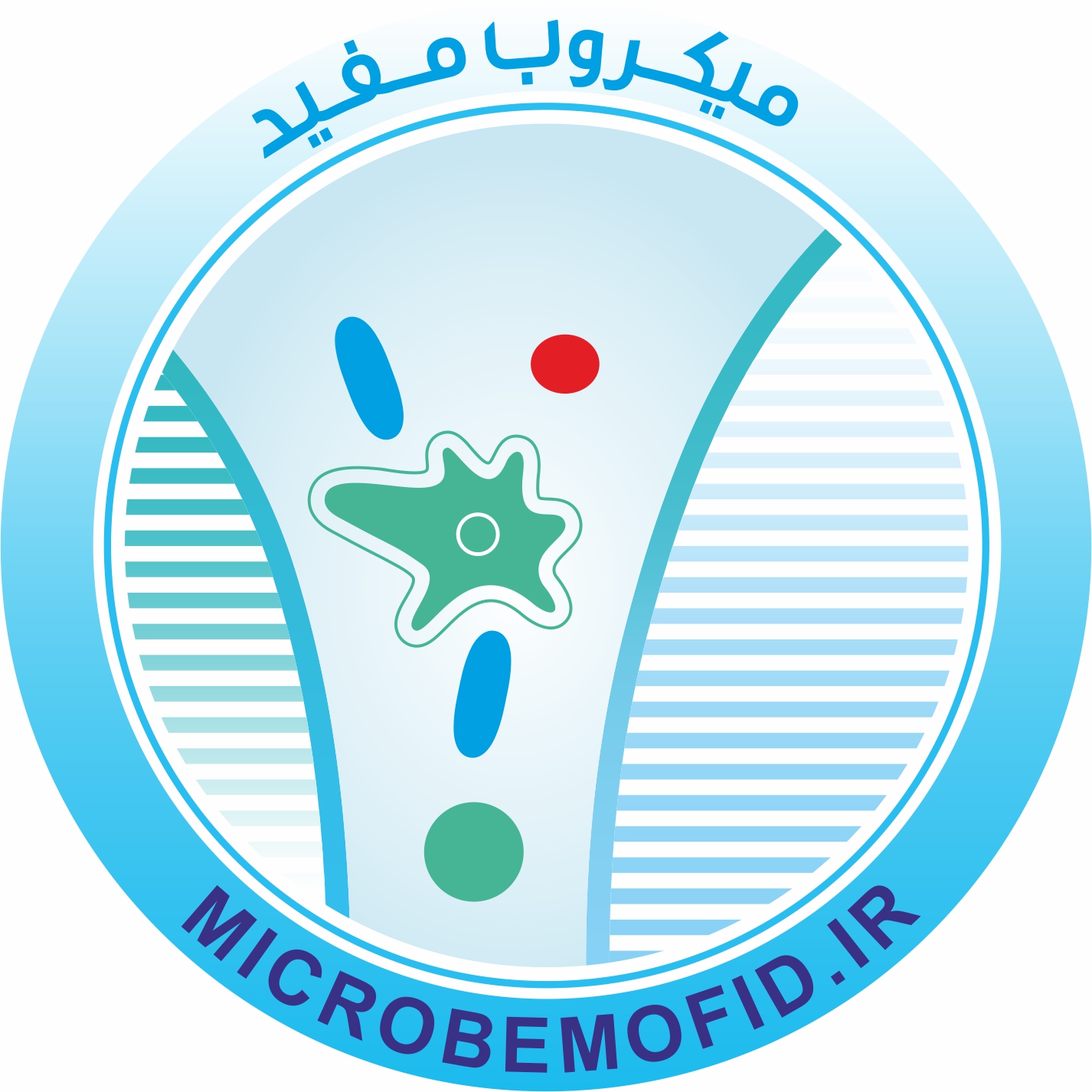Current evidence described gut microbiota dysbiosis is closely linked to obesity. In the treatment of obesity, a holistic approach including diet, pharmacotherapy, physical activity, bariatric surgery, and psychological support is recommended.
Weight-loss diets and gut microbiota
There is strong evidence that the Mediterranean or vegetarian/vegan diets are effective in promoting the optimal diversity and richness in beneficial bacteria. A vegetarian/vegan diet positively alters the gut microbiota through the development of a diverse and stable microbiome and Mediterranean diet is associated with increased levels of SCFAs. A Mediterranean diet has high levels of dietary fiber, n-3 fatty acids and polyphenols, as well as low levels of processed food. Data from research studies indicates that MD positively affects the GM by increasing the abundance of Bacteroidetes, Faecalibacterium prausnitzii, Clostridium (cluster XIVa), Bifidobacteria, and Lactobacilli, while decreasing the abundance of Firmicutes.
Microbiota manipulation and weight loss
The microbial-targeted therapies, including prebiotics, probiotics, and synbiotics, are considered adjuvant in obesity management. However there are different results, mainly because of the great heterogeneity of the studies because of different strains, interventional durations, doses, and forms. It is also unclear whether using these biotics accompanied by dietary intervention or bariatric surgery therapy will be more effective in obesity management in the short and long-term weight-loss maintenance.
The positive effects of lactobacillus probiotics on weight management has been reported. Certain strains of Lactobacillus, such as L. Rhamnosus, L. Plantarum, L. Paracasei, and L. Gasseri, have shown some promising anti-obesity effects. While there is abundant evidence of the effect of supplementation of probiotics treatments, it is also important to acknowledge that not all mentioned studies have shown significant outcomes. This implies that studies with larger sample sizes and longer observation periods are necessary, and more extensive investigation of probiotics supplementation is needed to gain more knowledge. While microbiome-based medicines have made remarkable progress in the last decade from prebiotics and probiotics to live bio therapeutics for the weight management, there are still safety concerns and regulatory issues to be addressed.
Fecal microbiota transplant
The fecal microbiota transplant (FMT) is currently experimental and lacks authorization, posing numerous ethical, legal, and social challenges that must be resolved as part of an effective regulatory policy response. Frozen feces, freeze-dried stool, and more advanced items such as capsules containing synthetic stool generated in culture and assembled are all examples of the wide range of products of FMT treatment. Due to the risks associated with incorrect donor screening and unsatisfactory patient follow-up, any regulatory outcome that restricts access by either reducing supply or significantly increasing the cost of therapy should be implemented with extreme caution.
Next-Generational Probiotics (NGPs)
NGPs are composed of live bacteria and can be used to treat or prevent obesity. While established probiotic and microbiome research facilities can investigate NGPs, commercially motivated start-up biotechnology organizations or pharmaceutical firms are more likely to study Live Bio therapeutic Products.
prepared by: Nazila Kassaian, Marzieh Rahim khorasani
References
- Moszak M, Pelczyńska M, Wesołek A, Stenclik D, Bogdański P. Does gut microbiota affect the success of weight loss? Evidence and speculation. Nutrition. 2023 May 31:112111.
- Williams K, Oo T, Martirosyan D. Exploring the effectiveness of lactobacillus probiotics in weight management: A literature review. Functional Food Science. 2023 May 31; 3(5):45-54.
- Singh TP, Natraj BH. Next-generation probiotics: a promising approach towards designing personalized medicine. Critical Reviews in Microbiology. 2021 Jul 4; 47(4):479-98.



